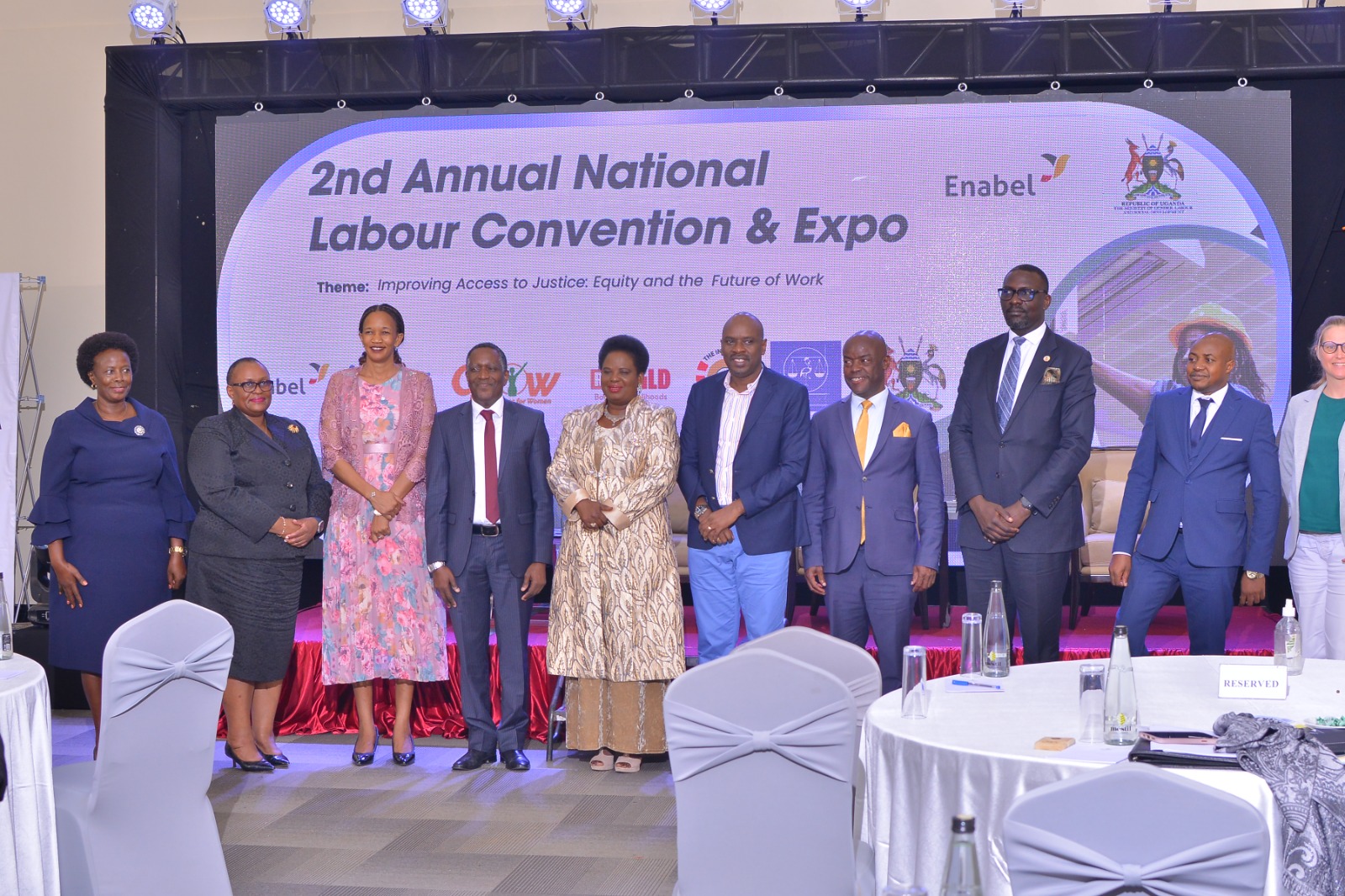CSOs carry out training on taxation in the extractive sector
Many countries have good laws when it comes to managing the extractives sector but the implementation is weak.
This conclusion was arrived at during a training on taxation in the extractive sector organised by SEATINI Uganda and Tax Justice Network Africa.
Keep Reading
The training which was aimed at examining the different taxation regimes and revenue management in Uganda’s extractive sector, discussed the natural resource governance issues in relation to revenue management and came up with strategies on how to engage and influence the extractive sector for inclusive and equitable development.
Paul Bagabo,from the natural Resource Governance Institute in his presentation pointed out that many African countries have good legal frameworks but majority face a challenge during implementation which is attributed to huge gaps between the laws and the implementers.
He said Uganda lies between the weak and poor countries in regards to governance and therefore there is
need to uplift its status.
For the case of revenue management, Bagabo said the country needs to improve on its revenue management to determine how much comes in and out of the country, expenditure by multinational companies and returns to the government.
One of the challenges in the legal framework is the lack of a mechanism for financing the National Oil
Company.
Festus Akunobera, the chief executive officer at the East African School of Taxation; raised a question of whether double taxation agreements have enough requirements to prevent and deter tax evasion.
This is the case with multinational companies that set up shop in Mauritius which has a double taxation treaty with Uganda and thereafter channel out their money to third party destinations.
He said such a practice leads to huge losses of revenue and that legislation needs to be enacted address this issue.
Joseph Nonde, Director for Direct taxes at the Zambia Revenue Authority gave an insight on taxation in the extractive sector basing in his home country.
He stated that the country has over 22 double taxation treaties which were signed with other nations and have attracted a number of foreign investors.
These companies entered into stability agreements with the government which exempted them from paying taxes for the next 15 years under the stability clauses.
He said such clauses are always exploited by investors so he argued the Uganda law and policy makers to avoid them but instead give investors assurance in the form of political stability.
Magara Siraj, the Executive Director, Youth Concern on Environment and Development encouraged Civil Society Organizations to advocate for a strengthened petroleum revenue management policy and legal framework as well as ensuring adequate implementation.













